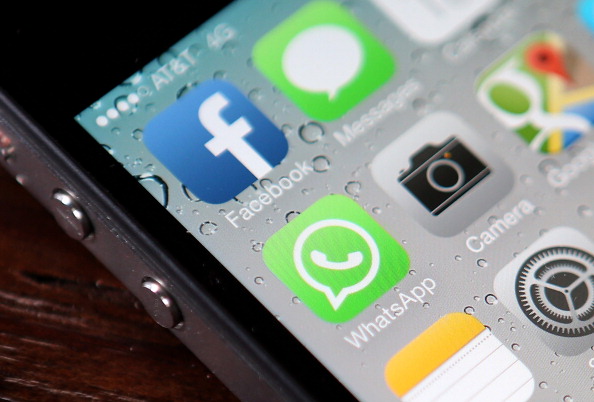Facebook fails to block antitrust lawsuit over WhatsApp and Instagram ownership

Meta faces another blow to its tech dominance as it loses its attempt to dismiss a US Federal Trade Commission (FTC) antitrust lawsuit, which could force it has to sell WhatsApp and Instagram.
Judge James Boasberg has ruled the FTC had a plausible case against the Facebook owner that should be allowed to proceed.
“Ultimately, whether the FTC will be able to prove its case and prevail at summary judgment and trial is anyone’s guess,” he wrote.
“The court declines to engage in such speculation and simply concludes that at this motion-to-dismiss stage, where the FTC’s allegations are treated as true, the agency has stated a plausible claim for relief,” he added.
The case comes against the wider backdrop of the crackdown on big tech, and the perceived market dominance of Silicon Valley giants.
Facebook acquired Instagram in 2009, whilst Whatsapp was acquired in 2014.
As reported by Sky News, the competition case initially began during Donald Trump’s presidency, but was initially rejected by the court.
The case was allowed to stand, permitting the FTC to file an amended complaint.
This isn’t the only time Meta has been hot water over competition.
Just last week, Meta applied to appeal the UK competition watchdog ruling, which ordered it to sell popular animated images platform Giphy.
Like the FTC, the Competition and Markets Authority (CMA) said in November that the acquisition of Giphy would reduce competition between social media platforms and in display advertising, harming social media users and businesses in the UK.
The independent panel reviewing the merger concluded that Meta would be able to increase its already significant market power in relation to other social media platforms by denying or limiting other platforms’ access to Giphy GIFs.
In turn, this would drive more traffic to Facebook-owned sites like WhatsApp and Instagram, which already account for 73 per cent of user time spent on social media in the UK.
The European Commission (EC) approved Facebook’s acquisition of WhatsApp in 2014, but it then fined the companies €110m (£92m) in 2017 for providing incorrect or misleading information during the original review.
The EC didn’t push to unwind the merger, but it was the first time that the regulator imposed a fine for providing misleading information.
Therefore, international precedents demonstrate the complexity behind challenging a merger.
Facebook now has until January 25 to file a response to the FTC’s complaint.